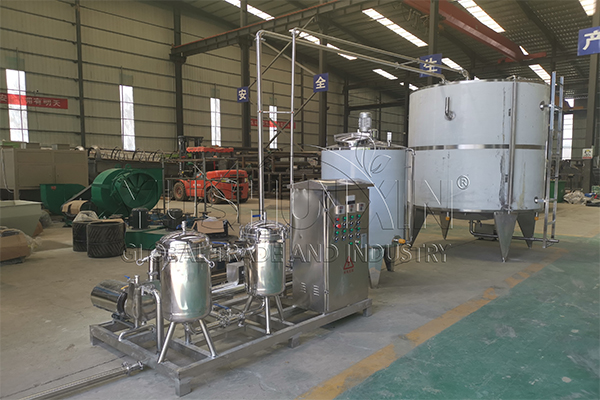In recent years, sustainable agriculture has gained significant momentum as the world shifts towards eco-friendly practices to ensure food security while maintaining environmental balance. One of the promising innovations in this field is the development of bio liquid fertilizers. These fertilizers stand out for their effectiveness, environmental impact, and the distinct technological processes involved in their production.
Bio liquid fertilizers are derived from natural sources such as plant residues, animal waste, and other organic matter. This not only helps in waste management but also ensures the provision of essential nutrients to plants in a more sustainable manner. The technology behind their production is fascinating and involves several important steps, including the collection, treatment, fermentation, and extraction of nutrients.
The initial step in bio-liquid fertilizer production is the collection of organic material. This can include anything from crop residues to livestock manure. Once collected, the materials are subjected to a treatment process that involves breaking them down into simpler compounds. This aids in the efficient extraction of nutrients and prepares the material for fermentation. View more raw materials for making liquid biofertilizer.
Fermentation is a critical stage in the production of bio liquid fertilizers. During this process, microorganisms break down organic matter under controlled conditions. This biological process not only enhances the nutrient content of the material but also improves its bioavailability. The use of specific bacterial or fungal strains can further customize the nutrient profile of the end product to match specific agricultural needs.

Following fermentation, the next step is the extraction of nutrients. This involves separating the liquid component from solid residues. Advanced filtration techniques ensure that the resulting liquid is rich in essential nutrients such as nitrogen, phosphorus, and potassium, all of which are crucial for plant growth. Additionally, trace elements and beneficial microorganisms are preserved in the mixture, providing an added advantage over conventional fertilizers.
Once the liquid fertilizer is prepared, it is essential to monitor its effectiveness and safety. Regular testing ensures that the bio-liquid fertilizer provides consistent and optimal results without adversely affecting the soil, plants, or surrounding ecosystem. Furthermore, proper storage and application methods are vital to maintaining the integrity and efficacy of the fertilizer.
YUSHUNXIN has a complete biological liquid fertilizer production line, you are welcome to consult! At the same time, we can design bio organic fertilizer business plan and bio compound fertilizer line for you.
In conclusion, bio-liquid fertilizers represent a significant step forward in sustainable agriculture. The detailed production technology, from the selection of organic materials to the final product, exemplifies an efficient use of resources with considerable environmental benefits. By embracing such innovations, farmers can not only enhance crop productivity but also contribute towards a more sustainable and eco-friendly agriculture system. If you want to know the more detailed liquid biofertilizer production technology, please visit :https://www.biofertilizerproduction.com/product/liquid-biofertilizer-production-technology/